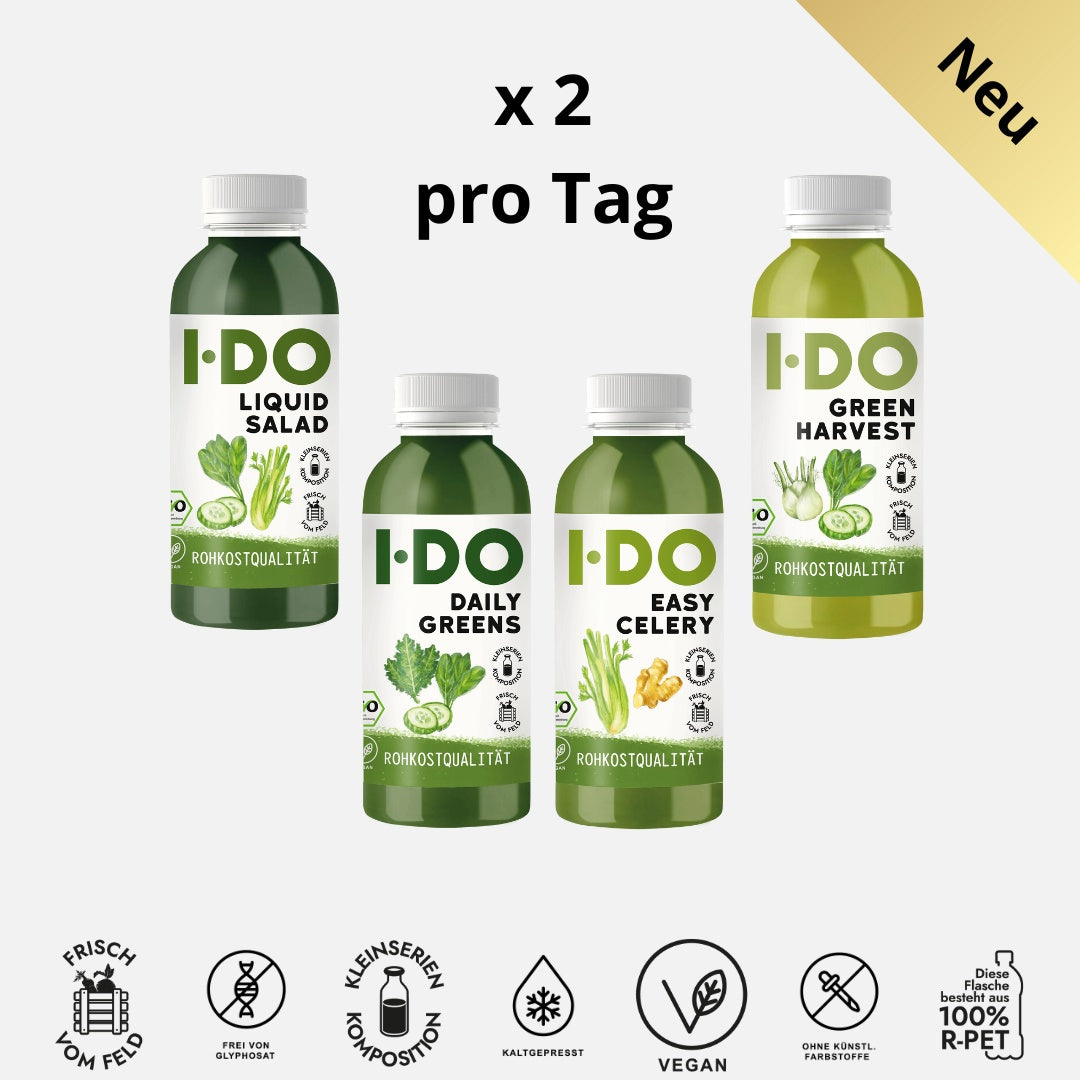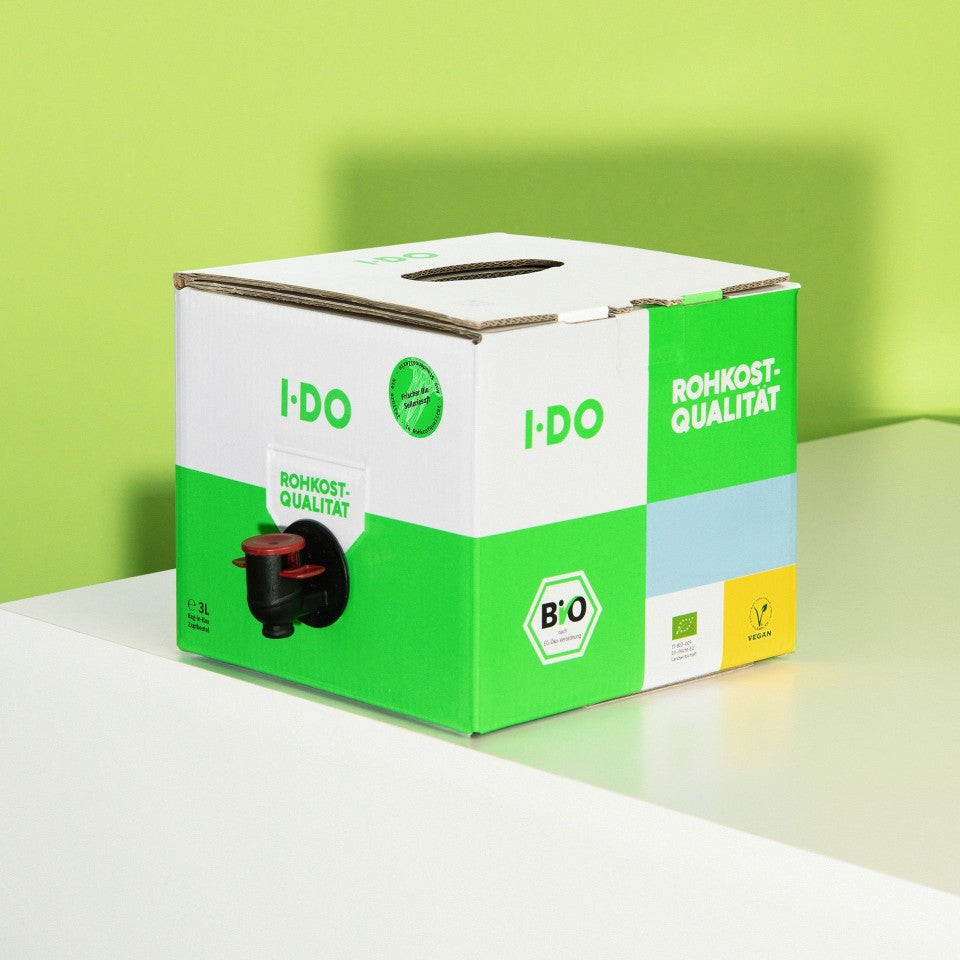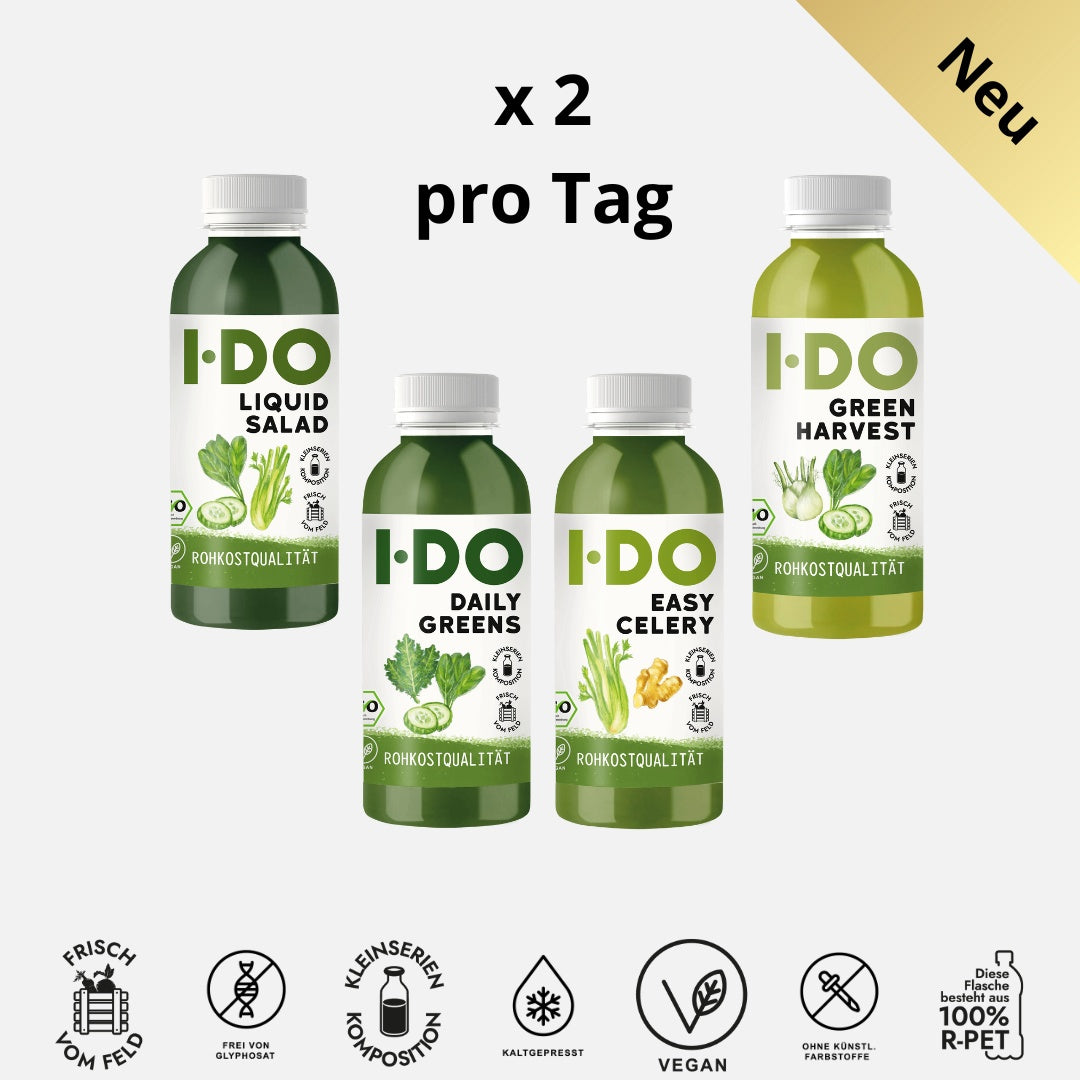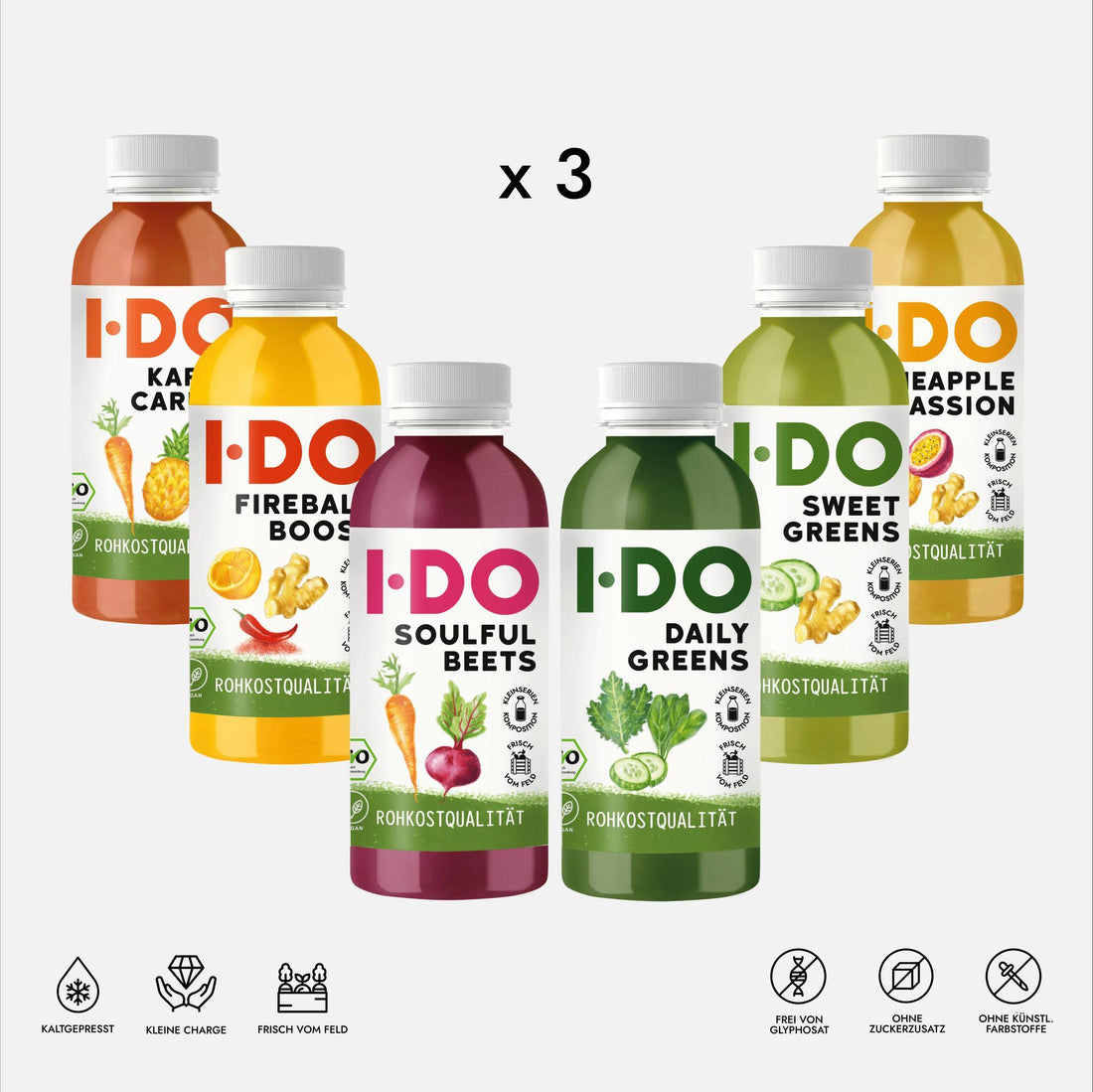Well-being begins with gut health
When we delve into the topic of health, we inevitably encounter the subject of gut health. Our gut is the center of our defense system, housing approximately 80% of our immune system cells. It quickly becomes clear, then, that gut health is crucial for our overall well-being. And don't we all want to feel well? But what exactly do we mean by that, and how can we positively influence our well-being? Well-being essentially means good physical and mental health. Various factors play a role in this.
But what does all this have to do with the intestines?
First, some basic information about our gut. Our gut is the largest internal organ and can grow up to eight meters long. This serpentine organ is highly complex, and much about it remains (fully) unexplored, but increasingly revealing insights are being gained. Nutritional research, in particular, has focused more on the gut in recent years, or more precisely, on the microorganisms present in the gut. Researchers have discovered that these microorganisms have an immense influence on our overall health.
Health begins in the gut
On a physical level, the gut performs an impressive amount of work. Besides its primary function of digestion, the gut is responsible for providing nutrients and vitamins, energy production, detoxification, and immune defense. Many other processes, such as the production of enzymes and hormones, also take place in our gut. Conversely, our gut is also involved in countless diseases: from obvious gastrointestinal disorders to cardiovascular diseases and even asthma. So far, so good, but few people realize that our gut health also influences our mental well-being and mood.
The gut, the “second brain”
The millions of bacteria in our gut influence not only our physical but also our mental well-being. It's no coincidence that the gut is also called the "second brain" or "gut brain," because it has its own nervous system, the so-called enteric nervous system , which is similar in structure and complexity to our brain. This gut brain is in constant communication with our brain. We're talking about the so-called gut-brain axis, that is, the neural connection between the gut and the brain. Expressions like "butterflies in my stomach" or "something's upsetting my stomach" refer to this connection and illustrate how much our brain influences the gut.
The gut controls the brain
But signals don't just travel from the brain to the gut; our gut also sends signals back to the brain. This reciprocal exchange means our gut bacteria also influence our emotions and well-being. And to a tremendous extent! Today it's clear that a staggering 90% of communication originates in the gut, while only about 10% of signals are controlled by our brain.
Stress management for a healthy exchange
To ensure the smoothest possible communication, it's therefore important to support our gut. One approach is stress management. Both physical and psychological stress activate the sympathetic nervous system, triggering the release of the primary stress hormone cortisol, which ultimately weakens digestion and communication with our brain.
Support your gut flora with fermented foods
It is at least as important to actively support our gut flora. This can be positively influenced by a healthy and balanced diet, as well as, for example, by supplementing with a fermented product. Fermented foods are preserved using specific bacteria, fungi, or cell cultures. This fermentation process creates valuable strains of bacteria, probiotics, which benefit gut health. The word probiotic is derived from the Latin "pro" (for) and the ancient Greek "bios" (life). A free translation of probiotics is therefore something like "for life." Some of these bacterial strains are naturally present in foods such as natural yogurt, kefir, sauerkraut, miso, apple cider vinegar, and kombucha. Those who want to consciously build up or generally support their gut flora can also use fermented products. It is important to note that our gut needs continuous support. If the body lacks these essential bacteria for several days, the gut flora will deteriorate.
So we should remember:
Our gut is far more than just the waste disposal system for the food we eat. The gut-brain axis and the brain in our head are in constant, reciprocal communication. A healthy gut flora is essential and can be built up and supported through a healthy diet and the additional consumption of fermented products. Cold-pressed juices are also beneficial for the gut.
The Power of Multiple Fermentation











